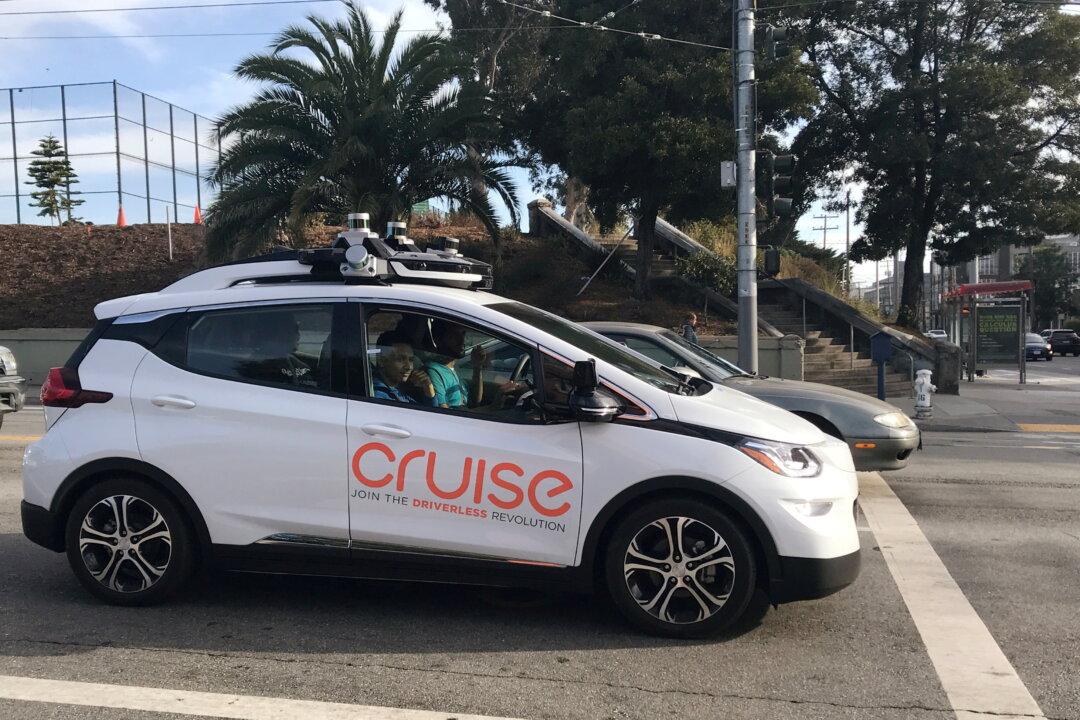SAN FRANCISCO—General Motors Co.’s Cruise and Alphabet Inc.’s Waymo self-driving car subsidiaries on Thursday became the first companies to receive autonomous vehicle permits to offer rides to passengers in California.
Cruise has obtained a permit from the California Department of Motor Vehicles to offer driverless rides to passengers at night in some parts of San Francisco, and Waymo has won a permit from the regulator to deploy autonomous vehicles with safety drivers behind the wheel.





